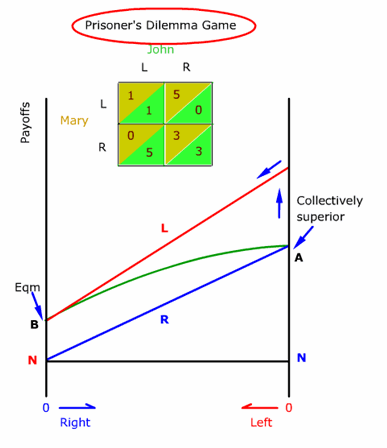Tipping the Scales
Tipping for service is a social custom that traps everybody into a collectively inferior position.
Judicious tipping supposedly rewards good service. Tip more if the service is good. Tip less or nothing if the service is poor. But the reality is something quite different.
Once tipping becomes an accepted social custom, not tipping or tipping less than the "norm" engenders covert or overt bitterness and hostility on the part of the service providers. Instead of receiving tips for exceptional service, the service providers count on tips as part of their normal income. When the expectation sets in, not receiving an "adequate" tip is like having their wages cut. Now nobody can tolerate having one's wages cut?
When tips are expected as a matter of course, it is somewhat like paying a sales tax on one's purchases. The sticker prices do not generally include the tax. But tips are not like taxes. For taxes, there is no myth about adjusting the tax amount we pay depending on how much one likes what the government is doing. Taxes are mandatory and more importantly, the tax rates are fixed.
Tips are not supposed to be mandatory but are worse than mandatory because the exact tipping rate is subject to social expectation and social competition. The anxiety of not appearing to be a cheapskate to service providers has turned tipping into a game of one-upmanship where everybody loses. Even the recipients of tips are socially stigmatized. It is like many unhealthy social customs that trap the participants into deep holes from which no one can single-handedly extricate oneself.
The agony of tenants at Manhattan high-rise apartment buildings over how much to tip the doorman at high-rise apartments for Christmas is a case in point. Each tenant wants to tip no less than their fellow tenants, but is ignorant of how much they are tipping. Collusion among the many tenants to fix the tipping rate is almost impossible due to high transaction costs. Even if they somehow manage to agree on a fixed rate, the agreement would surely be broken because each tenant wants to out-tip their fellow tenants to get better service. The result is a prisoner's dilemma game where all tenants are trapped in a collectively inferior position. Worse yet, this is not even a stable equilibrium as the tipping rate will continue to escalate in a futile attempt to gain marginal advantage.
References:
- Bearman, P. Doormen. University of Chicago Press. 2005.
- Economist.. 8/24/2000. "Gratuitous gratuities."
- Lynn, M. and McCal, M. "Gratitude and gratuity." Journal of Socio-Economics., pp. 203-214. July 2000.
Glossary:
- prisoner's dilemmaA game situation where self interest conflicts with group interest.

- transaction costThe accessory cost associated with completing a market transaction other than the posted price of the traded item itself. It covers many things including information discovery cost, legal fees, negotiation cost, and even transportation cost. In general, any similar barrier or friction.
Topics:
Keywords
doormen, gratuity, prisoner's dilemma, service, social custom, tax, tip, tipping, trap
